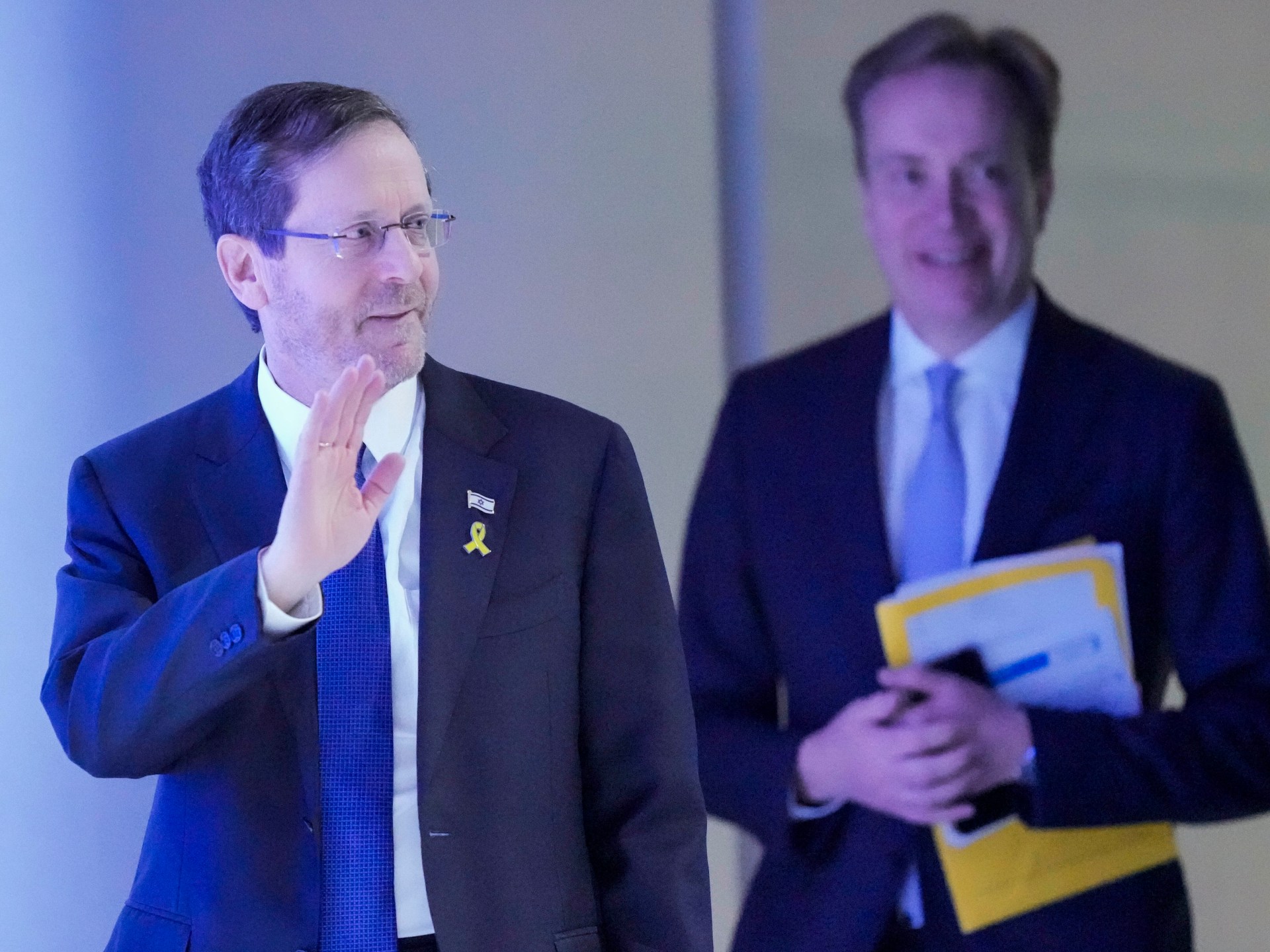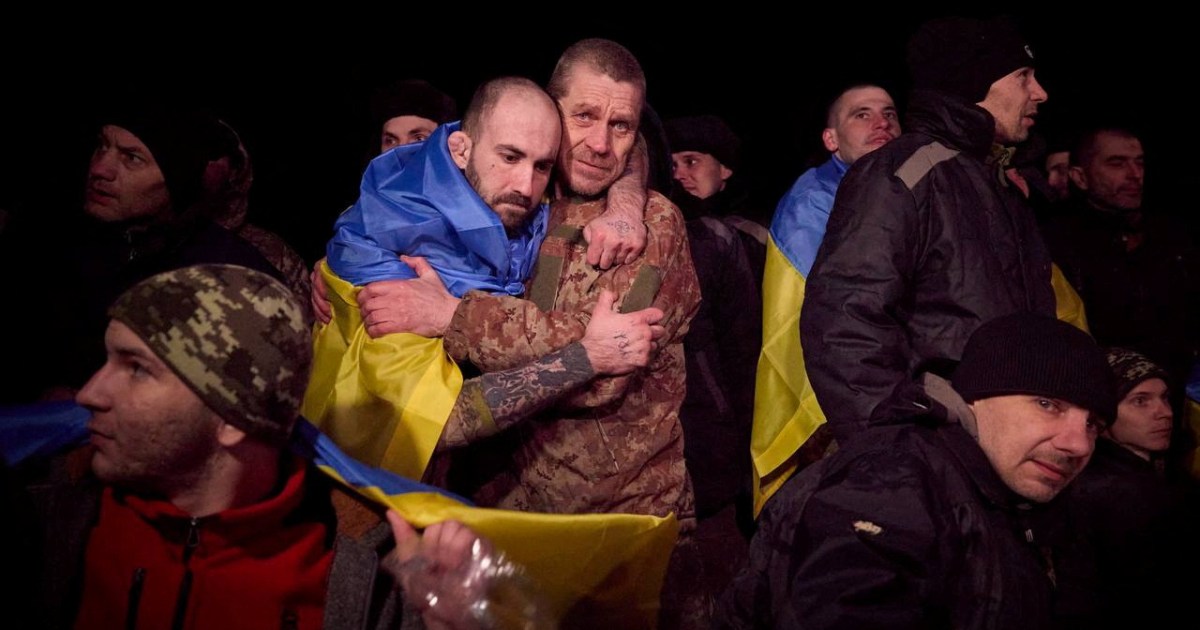
Why is this choice important?
Presidential and parliamentary elections will take place in Rwanda this year three decades after the genocide in which around 800,000 people lost their lives.
President Paul Kagame, who helped end the bloodshed, has been in power ever since and is expected to win again in this election, which takes place on July 15. Under his rule, the central African country of Rwanda has made significant economic progress and become a leading troop contributor to United Nations peacekeepers. But critics say Mr Kagame has also overseen a repressive state accused of widespread human rights violations and where Power and wealth are reserved for its elites from the ethnic Tutsi elite.
The elections come against a backdrop of growing tensions with neighboring Democratic Republic of Congo. Kagame has accused Congolese politicians of supporting Hutu rebels who fled after a genocide in 1994 and are now seeking to return to finish what they started. Kagame, in turn, is accused of sowing chaos in eastern Congo by supporting rebels who have carried out massacres and displaced tens of thousands of people in the country.
The election season began with the President promoting his country’s readiness to Accepting migrants deported from Great Britain — a controversial plan that may never come to fruition, say political analysts and opposition leaders. Prime Minister Rishi Sunak has delayed The first deportation flights will only take place after the elections on 4 July in Great Britain.
Who is competing and who is likely to win?
Observers say Kagame, 66, is likely to win a fourth term. (There are no independent elections in Rwanda.) In 2015, he led a referendum that changed term limitsensuring that he can extend his term of office until 2034.
He won in 2017 with nearly 99 percent of the vote in an election that observers said was rigged. The arrest and prosecution of opposition members, the intimidation of activists and allegations that many voters were coerced into choosing Mr Kagame all indicated that the election was neither free nor fair, independent observers and Human rights groups said.
So far, two candidates have stood for election: Frank Habineza, chairman of the opposition Democratic Green Party of Rwanda, and Diane Rwigaraan opposition figure who was excluded from the 2017 election, have submitted their candidacy to the National Electoral Commission, expressing their intention to run. The authority can accept their files but has the power to later reject or invalidate their candidacy.
Victoire Ingabirea fierce critic of Mr Kagame, has also expressed interest in running, but in March a Rwandan court barred her from running on the grounds that she had been convicted of terrorism and genocide denial. Ms Ingabire was sentenced to 15 years in prison, but Mr Kagame commute her prison sentence in 2018. In April, she filed a lawsuit before the East African Court of Justice to challenge the Rwandan court's recent ruling.
The electoral commission is expected to announce the final list of presidential candidates in mid-June.
How does Rwanda vote?
According to the electoral commission, around 9.5 million people have so far registered for this year's presidential and parliamentary elections. Up to two million of them are first-time voters.
The election will a three-day affairOn July 14, Rwandans living abroad will begin voting at the country's embassies and diplomatic missions. On July 15, Rwandan voters will go to the polls to elect their president and 53 of the 80 seats in the lower house of parliament. On July 16, the remaining 27 members, which include representatives of youth and people with disabilities, will be elected.
When will we know the results?
The Election Commission will release the preliminary election results on July 20. It will announce the final results on July 27, about two weeks after election day.






Recent Comments